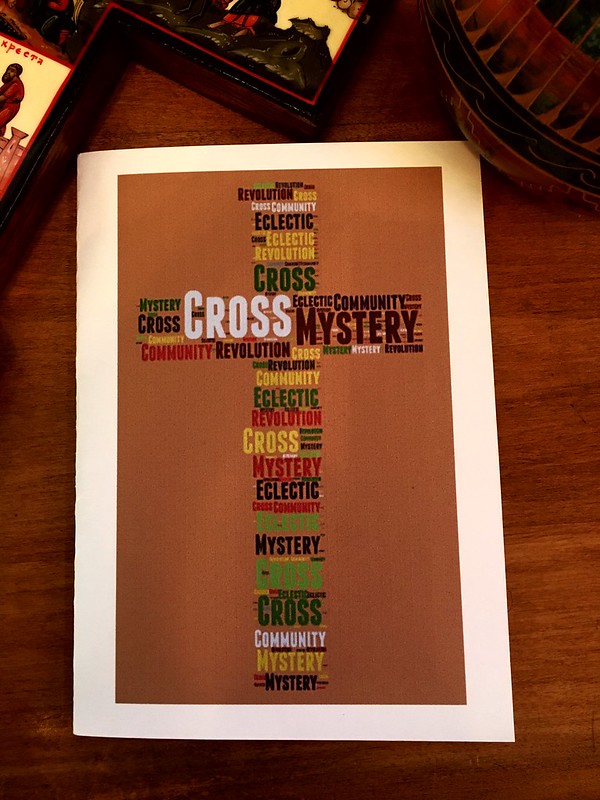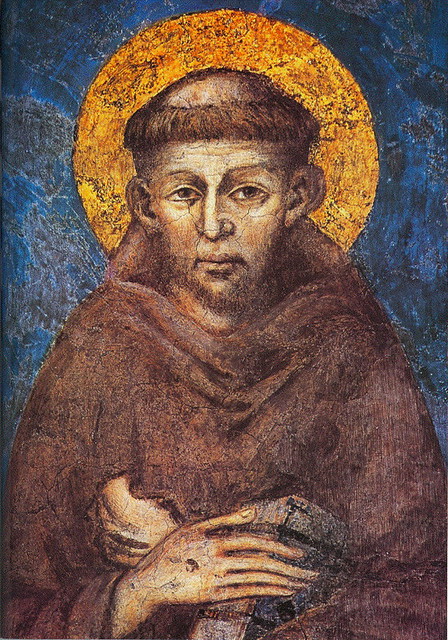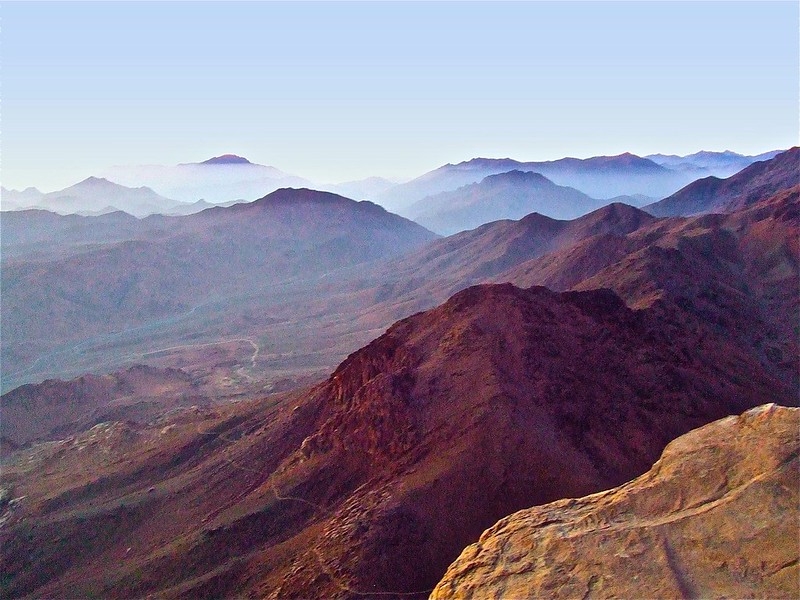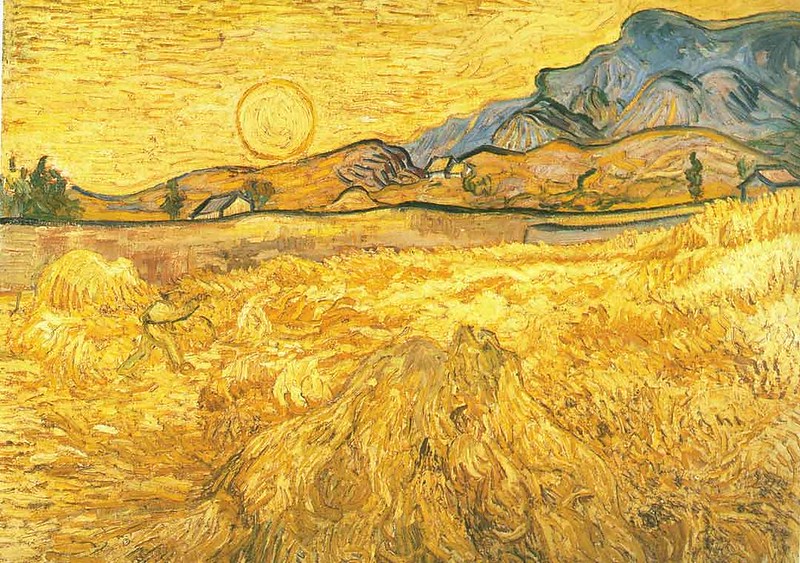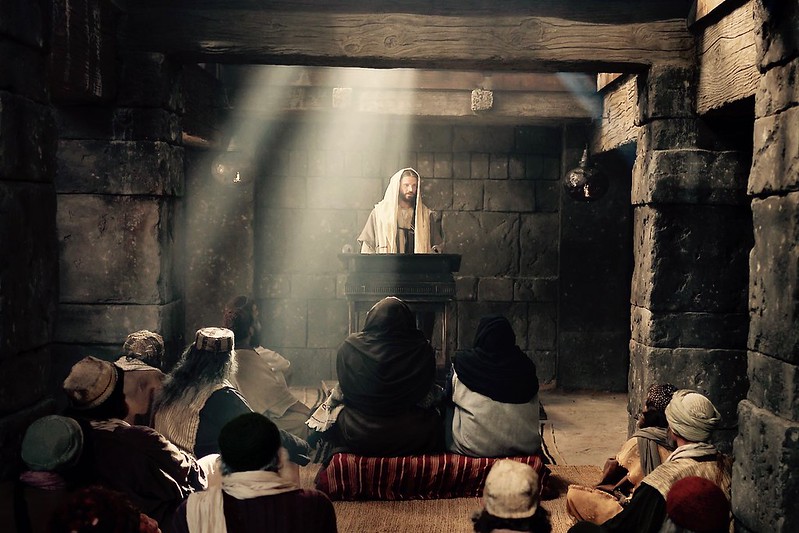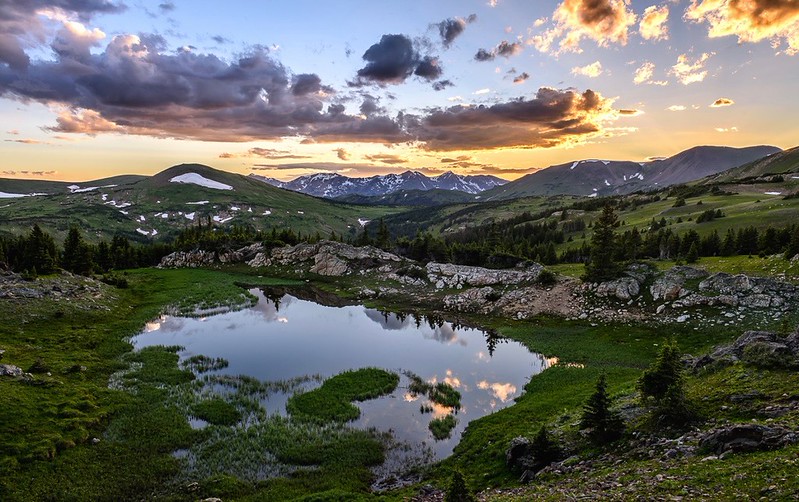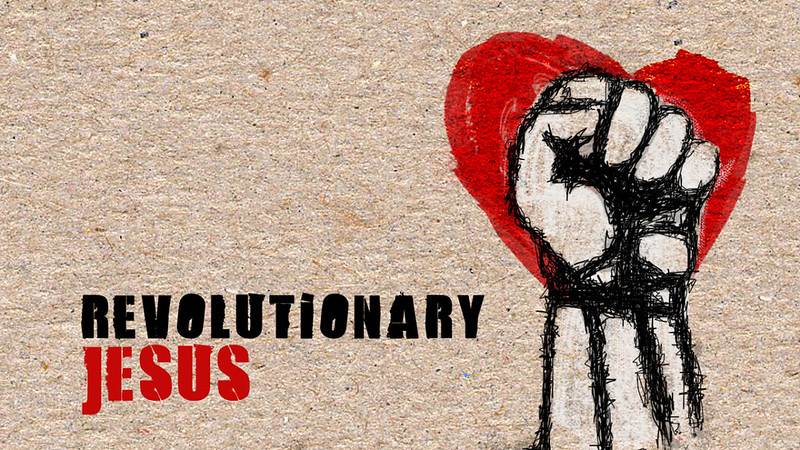We Need Contemplative Pastors
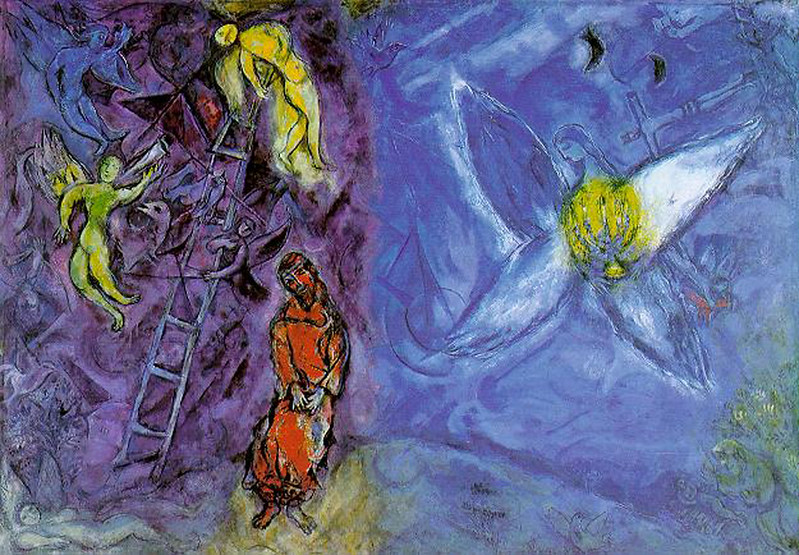
We Need Contemplative Pastors
Brian Zahnd
I became a pastor when I was twenty-two. (In reality I had been doing the work of a pastor since I was seventeen, but by the time I was twenty-two I had been ordained and embarked upon the fulltime vocation of being a pastor.) As I look back upon this, it does appear somewhat ridiculous. A twenty-two-year-old founding pastor! Do I regret it? Yes and no. I admit that it’s probably not the best way to go about planting a church and making disciples, but it’s what happened. It was part of the phenomenon of the Jesus Movement. Young would-be followers of Jesus were looking to me for leadership. It’s the cards that were dealt me. So I did my best. I learned on the job. And the Lord was with us.
But by the time we began to have the success of numerical church growth in the 1990s, we were fully locked into the charismatic evangelicalism that too often appears committed to an elementary level of faith. Later I would discover just how difficult it can be to lead a large church beyond a quasi-fundamentalist and largely reactive Christianity. It’s not impossible, but it’s very difficult. And always painful.
Read more
